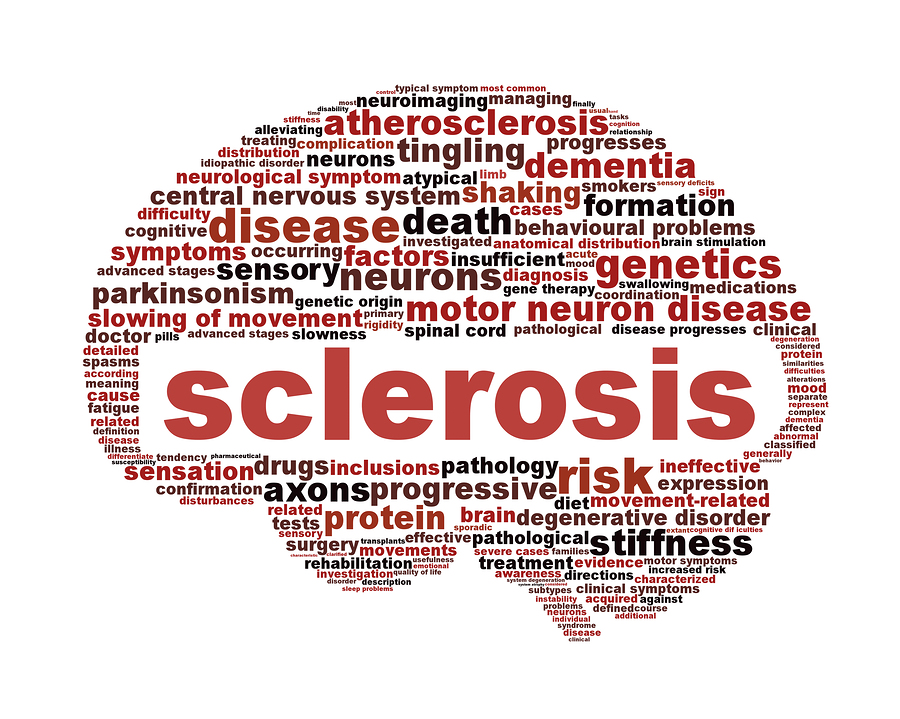LIKE DailyVitamina.com on Facebook! Get Your Daily Vitamin…FOR LIFE!
When I was in elementary school there was a reading program called MS Read-A-Thon where students read books in order to raise funds for Multiple Sclerosis (MS). It was rewarding to know that reading could help raise funds for this disease. Unfortunately, I didn’t know much about it and many people still don’t. Yet, recent studies show an increase in the number of Latinos in the U.S. and in Latin America that have been diagnosed with MS. With the increase of the Latino population going up, so is the rate of Latinos with this disease.
Multiple Sclerosis is an autoimmune disease that affects the nervous system. It’s a disease where the brain has difficulty communicating with the rest of the body. Simple things that you take for granted like being able to move your hands a certain way, walking, even scratching your head or tying your shoes are things you can’t do properly when you have MS.
Unfortunately the cause of MS is still unknown. The disease attacks the myelin coating around nerve fibers in the central nervous system, as well as the nerve fibers themselves. Women are more prone to the disease than men and most people can develop the disease between the ages of 20 and 50.
There have been various studies to see if they can find patterns and they have found a couple interesting ones. MS is more prominent in geographical areas that are farther from the equator. Evidence suggests that vitamin D plays an important role. People that live closer to the equator tend to have higher amounts of vitamin D, which is thought to support the immune function and may help protect against immune diseases like MS.
Smoking can also increase the risk of developing MS and it’s associated with having a more aggressive form of MS. Quitting smoking can actually slow the progression of the disease. There are also numerous viruses, bacteria and microbes that occur during childhood that might trigger for the disease, but none have been definitely proven to be a cause of the disease.
What Are the Symptoms?
- Weakness, numbness, loss of balance, muscle spasms in the arms or legs
- Frequently tripping or falling
- Vision problems, blurred vision, loss of color vision, eye pain, and blindness
- Speech problems, slurred speech and even trouble swallowing
- Unable to solve simple problems and problems concentrating
- Loss of bladder control, like not being able to control when you have to go to the bathroom
- Fatigue, feeling tired even after you’ve had 8 hours of sleep
If you have any of these symptoms, don’t hesitate and get medical attention immediately. Some of the symptoms like numbness in the arms and slurring speech can be associated with a stroke. If you think you have MS, get tested. Your doctor will ask for your medical history and you will get a neurological exam to diagnose MS. More than 90% of people with the disease have scar tissue that shows up when they get an MRI. Your doctor can also do a spinal tap to check for abnormalities in the fluid that’s in the brain and spinal cord. This is a life-changing disease, so the sooner you get diagnosed and get treatment, the better.
